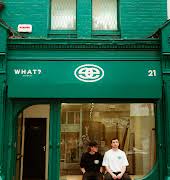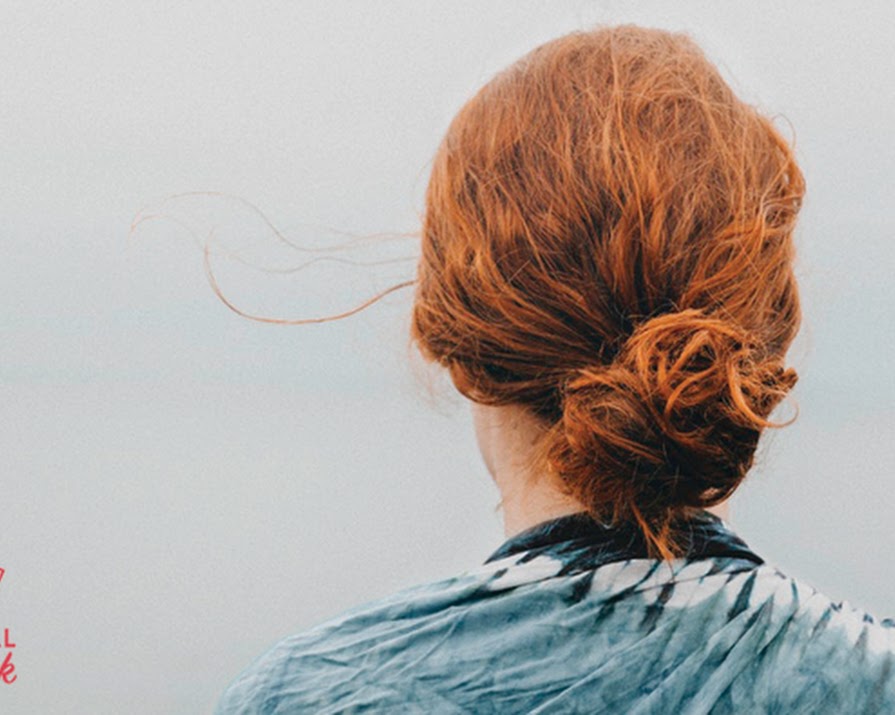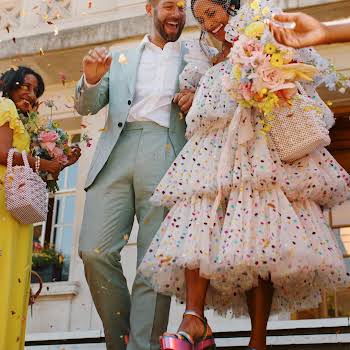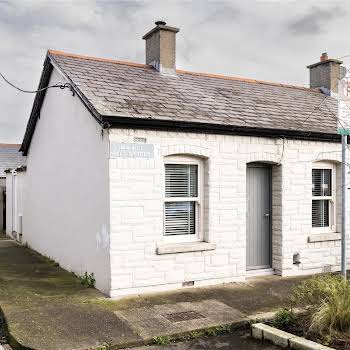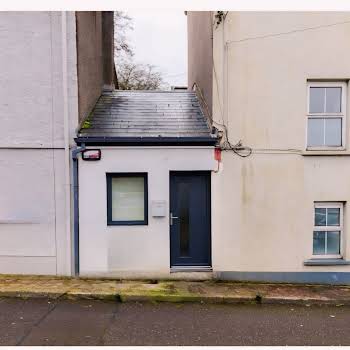
By Erin Lindsay
06th Mar 2018
06th Mar 2018
As we lead up to International Women’s Day on Thursday, we’re celebrating all things women. Irish history is renowned for having some pretty badass women who made waves throughout the ages and continue to do so today. We want to celebrate the Irish feminists that kicked and fought their way to give us the opportunities we enjoy now. Granted, things are still far from perfect for women in Ireland, but as without these women we wouldn’t have contraception, the vote and some of the best art and culture in Irish history, we reckon we have a lot to thank them for.
The list of Irish women to celebrate is a mile long, and it was really difficult to narrow things down but for now, here are the 5 Irish Feminists that you need to be clued in on for this year’s International Women’s Day.
Countess Constance Markievicz

We really couldn’t kick off a list of women who changed Irish history with anyone other than Countess Markievicz. A founding member of Cumann na mBan, a suffragette and a nationalist, Markievicz fought in the 1916 rising and was the only female prisoner placed in solitary confinement after being arrested. After avoiding the death penalty (and telling the British soldiers “I do wish your lot had the decency to shoot me”) and being released in 1917, she became the first woman elected to the House of Commons, although she refused to take her seat in the UK in line with her party’s policy. From there, she became the first Irish female Cabinet minister in the Dáil and served in government for years before dying in 1927 at 59. Markievicz spent her life fighting for equal rights for the Irish people and for women, and her boss-woman vibes are summed up perfectly in her fashion advice to women involved in the Rising: “Dress suitably in short skirts and strong boots, leave your jewels in the bank and buy a revolver’.
Hanna Sheehy-Skeffington

Another staple in the Irish history books, Hanna Sheehy-Skeffington is most famous for founding the Irish Women’s Franchise League in 1908 with the aim to win Irish women the vote, but even in her personal life, she was ahead of the times in her feminism. She and her husband, Francis, were the original Power Couple, marrying in their graduation robes as a celebration of their education and merging their names together (much to the anger of Francis’s family). They worked together to grow the Irish Women’s Franchise League to be the largest suffrage society in the country, and Hanna herself was arrested multiple times for her protests against Home Rule and for women’s rights, even losing her job as a teacher for ‘continued involvement in feminist militancy’ (goals). This didn’t stop her though, and she kept up her activism for years to come, becoming a founding member of the Women’s Social and Progressive League in 1937, which worked to make sure that women were informed of anti-women and anti-equality legislation being passed through the Dáil.
Mary Kenny

Image: Irish Writer’s Centre
The Irish Women’s Liberation Movement may have been short-lived, but it certainly made its mark on Irish society, thanks in no small part to its unofficial leader Mary Kenny. The movement was founded in the 1970s when Ireland was a completely different place for women; marital rape was still legal, women couldn’t have public service jobs if they were married, divorce and contraception were illegal. Activists like Mary Kenny and Nell McCafferty brought women together to give them a voice about these issues and to confront politicians about their frustrations. Kenny herself told the Taoiseach at the time, Garrett Fitzgerald, that the Dáil didn’t care about women’s issues. The movement’s finest hour came with their trip from Dublin to Belfast, which became known as the Contraceptive Train, to buy contraception and bring it back across the border to the women of the Republic. Mary’s revolutionary demonstrations and the simple act of giving women a voice brought a huge change in attitudes towards women’s issues.
Mary Robinson

First female President, UN Commissioner for Human Rights and founding member of the Council of Women World Leaders, Mary Robinson has been smashing glass ceilings throughout her career. During her time in the Senate, she’s campaigned for women’s right to contraception, LGBTQ+ rights, women’s right to serve on juries and to work beyond marriage in the civil service. She then turned her attention to the presidency, and against staunch opposition even from her own party, she won in 1990 and revolutionised the role. Having always been seen as a ‘retirement’ for politicians, Robinson used it to its full advantage, changing Anglo-Irish relations, creating links with the Irish diaspora abroad and finally signing into law the causes that she had fought for for years; decriminalisation of homosexuality and granting access to contraceptives. Not content with taking retirement after her seven years as President, Robinson went on to campaign for human rights causes around the world. It’s impossible to squeeze all of Mary Robinson’s achievements into one paragraph, which shows how much of an icon she’s come to be for Irish feminists.
Lian Bell

The newest addition to the ranks of amazing Irish Feminists, Lian Bell has been making her mark on the Irish theatre scene since 2015 with her ‘accidental’ creation of the #WakingtheFeminists movement. It all began when the Abbey Theatre in Dublin announced their schedule for their 1916 Easter Rising Centenary celebrations, which Bell and others called out for being distinctly lacking in female influences. Only one out of ten plays was written by a woman, and only three were directed by women. What followed was a nationwide movement amongst women in the arts, all sharing stories of under-representation and inequality with the hashtag #WakingtheFeminists. The Abbey Theatre responded to the pressure and announced plans for a policy on gender equality. Bell went on to further establish the movement across the country, working with theatres and the Arts Council to commit to gender equality across the board.







